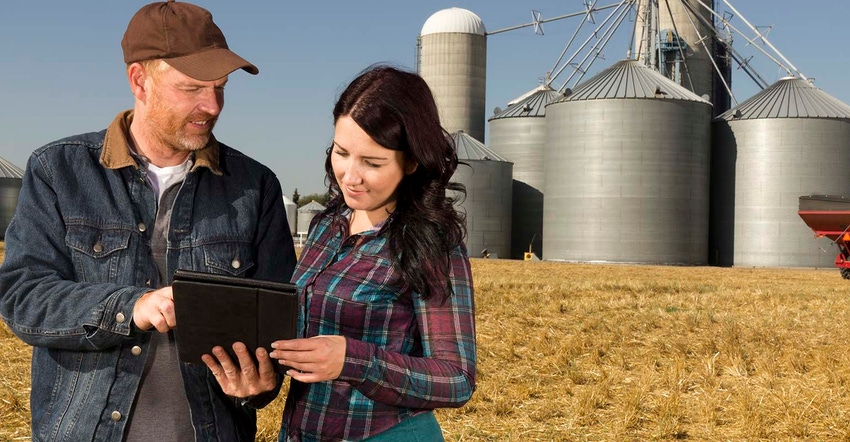
I’ve advocated in previous blogs for intentional communication with your family owners and managers on at least an annual basis. I’m often asked how much information should be shared with different people, including: son-in-law or daughter-in-law, children or young adults, or offspring that will inherit land but live away from the farm. Should they attend all the meetings? Should sensitive financial information be shared?
There is no one right answer, but I generally advocate for more inclusion of stakeholders rather than fewer. We have a saying, “In the absence of a story, people make one up.” Meaning, if you are not sharing factual information, you leave them to make assumptions—or to hear information third hand with less accuracy or via a filter. For example:
Do you want a skilled advisor to help your daughter-in-law understand how your complicated estate plan will provide for her and her children if something happens to your son? Or do want your son to relay that complicated information, perhaps unclearly or incompletely?
Do you want your off-farm son-in-law to understand the financial realities that caused you to reduce a combine this year that led to his wife working longer in harvest? Or do you want him to make a wrong assumption that you’re not paying enough to keep a full team of employees?
Do you want your off-farm son to understand land irrigation investments he’ll be asked to make someday as an owner after he inherits it? Or do you want him to be unprepared to evaluate those decisions with his more farm savvy siblings?
If you suddenly pass away, do you want your twenty-something children who become owners to know how to read financial statements and understand how your debt is managed? Or do you want them to be blindsided and overwhelmed with sudden financial responsibility?
In each of these scenarios, you should reflect on what amount and sophistication of information is appropriate to share. It will likely vary with audience, age and trust.
Particularly the topic of financial transparency causes many folks heartburn. If that’s you, create a multi-year plan to build competency about finances. There are many resources that build skills on financial statements and financial ratios. Utilize small business projects with younger kids or simulation games with adults. Share information one step at a time as you emphasize confidentiality. You may reveal more financial information as your confidence in their readiness builds.
I profess that you need a specific reason or circumstance to exclude a family member from business updates at an appropriate level. You’d rather share the true story than have them make one up.
Davon Cook is a family business consultant at K Coe Isom. Reach Davon at [email protected].
The opinions of the author are not necessarily those of Farm Futures or Farm Progress.
About the Author(s)
You May Also Like






